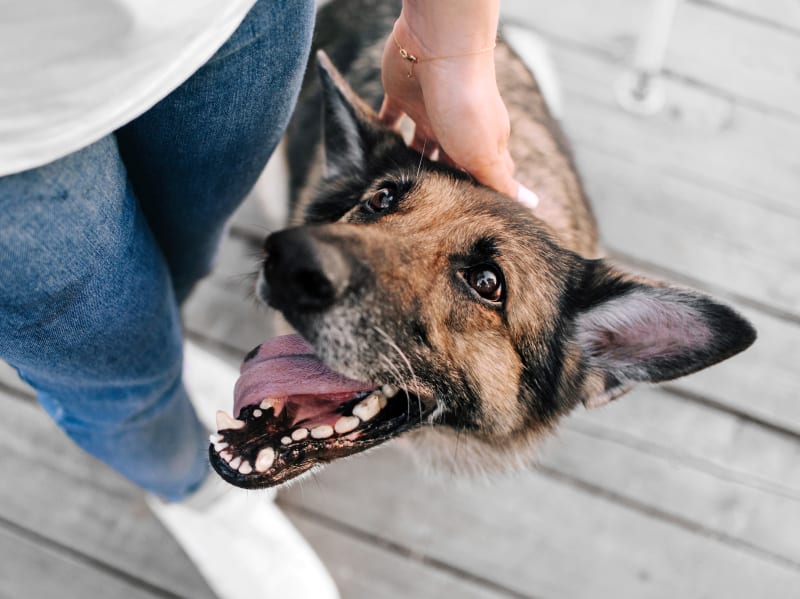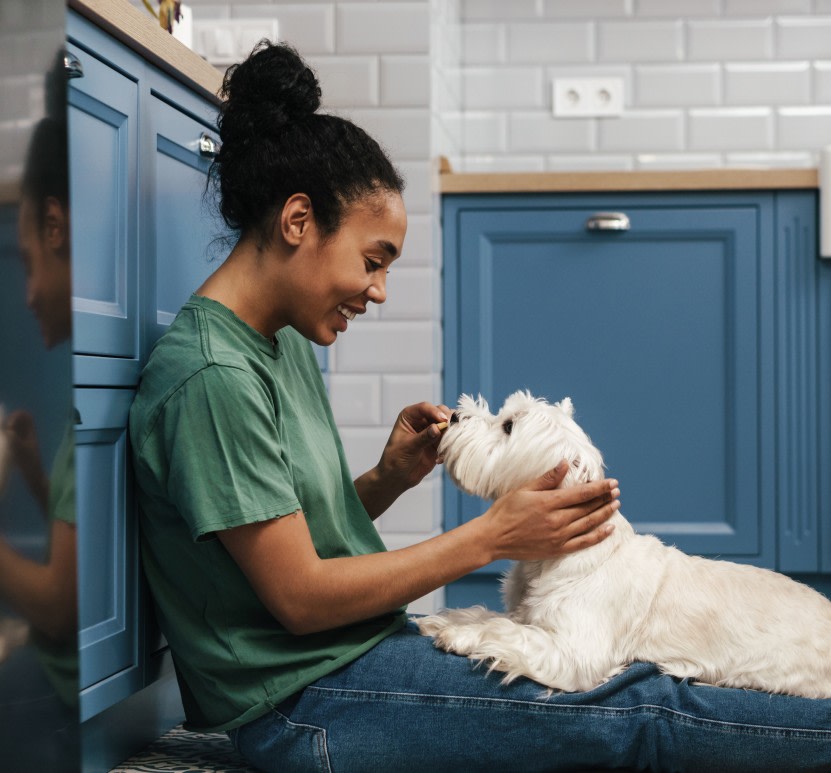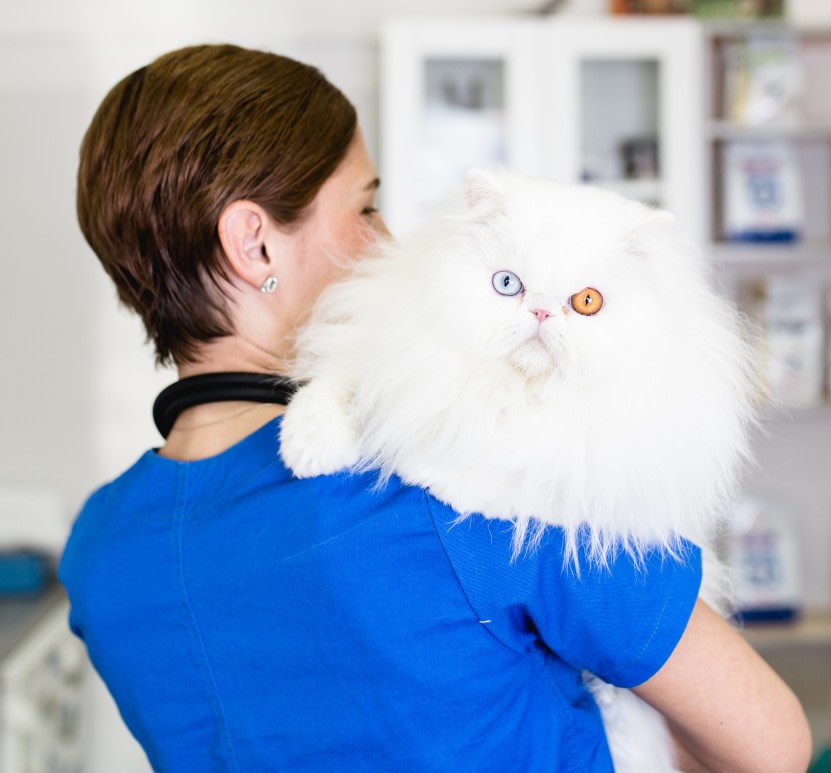Welcome to Our Animal Hospital in The Heart of The Kootenays
Creston Veterinary Hospital is a full-service pet hospital that offers medical services for a wide range of animals in Creston and across the Kootenay region of southeastern BC.
Whether your dog, cat, exotic pet or large animal needs preventive care, surgery or medical attention for an injury or illness, our varied service offering can meet all of their needs. We believe every animal should have access to the veterinary care they deserve, which is why we offer a monthly clinic in Crawford Bay to provide routine exams, vaccinations and large animal calls to those who can't reach our Creston clinic.
Since 1973, we have been caring for the health of large and small animals from Creston and surrounding communities. We have worked hard to develop a solid reputation for quality, professional care with a friendly touch.
Routine Exams
Early detection of health issues allows for prompt treatment, which can greatly improve the prognosis for pets and large animals.
Why Trust Us?
For over 50 years, people from across the Kootenays have relied on our passionate team to provide their animals with the care they need.
Patient Information
We hold our team to high standards to ensure every pet gets the best care possible. Find out what to expect at your pet's exam.
Careers
Compassion and extraordinary care are at the heart of everything we do. Interested in a rewarding veterinary career with us? Submit your interest.
Care For All Animals - Big & Small
Exotic pets and farm animals often have specific dietary needs and require complex habitats and veterinary care.
We understand that caring for an exotic pet or farm animals, like large ruminants and pigs, comes with its own unique set of challenges. Our team of experienced veterinarians is trained to provide care tailored to their specific needs.
Whether it's monitoring their diet, ensuring proper housing conditions or addressing any potential health issues, we are dedicated to ensuring the well-being and longevity of these unique and beautiful animals.
Contact us today to schedule an appointment and discuss how our veterinarians can help provide the best possible care for your exotic pet or farm animal.

Ready to Get Started With Your Veterinary Career?
Our team is growing and we are looking for dedicated, compassionate people like you. Find out more and apply!


Veterinary Surgery
We offer a range of elective and non-elective surgical procedures for dogs and cats.

Diagnostic Laboratory
Our in-house diagnostic lab lets us quickly and accurately diagnose various health conditions in pets.


Nutritional Counselling
We can help you find the perfect food based on your pet’s age, breed, species and overall health.

Dental Care
Regular dental check-ups and cleanings are important to prevent periodontal disease, tooth decay and bad breath.
-
The staff are always friendly and courteous. My boys have always been treated with compassion and kindness. The following day well-being calls are appreciated and go to show the care they have for your animal.
New Patients Welcome
Creston Veterinary Hospital is accepting new patients. We are passionate about providing outstanding care to all pets across the Creston Valley. Book an appointment today!
Link to Contact pageLocation
Creston Veterinary HospitalLink to Contact pageHours
-
Click to View
- Monday:09:00 am - 01:00 pm02:00 pm - 05:00 pm
- Tuesday:09:00 am - 01:00 pm02:00 pm - 05:00 pm
- Wednesday:09:00 am - 01:00 pm02:00 pm - 05:00 pm
- Thursday:09:00 am - 01:00 pm02:00 pm - 05:00 pm
- Friday:09:00 am - 01:00 pm02:00 pm - 05:00 pm
- Saturday:Closed
- Sunday:Closed
Please note: We're temporarly closed on Saturday due to renovations.







